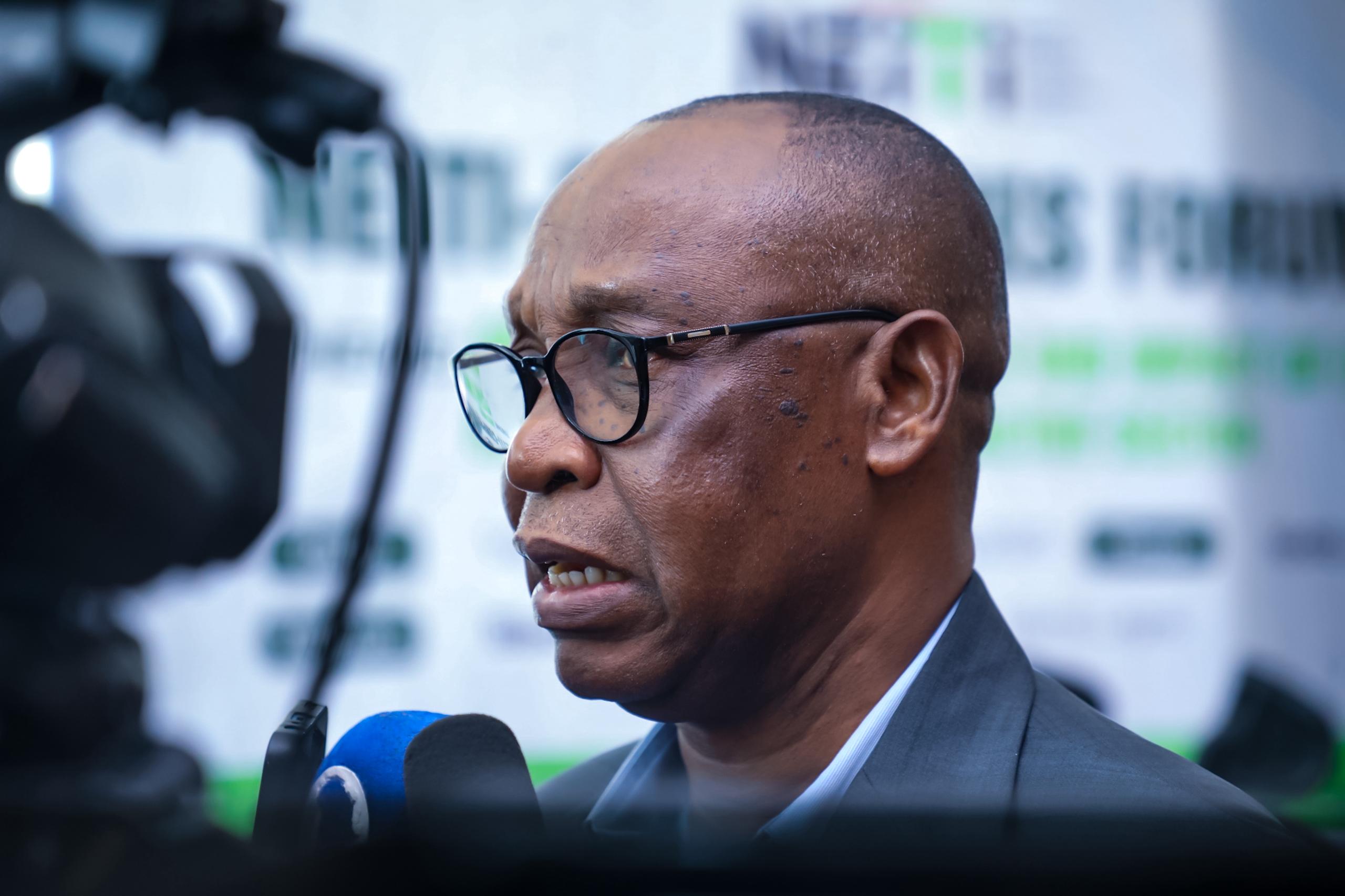The Nigerian Extractive Industries Transparency Initiative (NEITI) says Nigeria lost 13.5 million barrels of crude oil valued at $3.3 billion to theft and sabotage in 2022.
Ogbonanya Orji, executive secretary of NEITI, spoke at the 2025 Association of Energy Correspondents of Nigeria (NAEC) conference in Lagos on Thursday.
“In 2022 alone, Nigeria lost 13.5 million barrels of crude oil valued at $3.3 billion to theft and sabotage,” he said.
The NEITI boss said this amount represents revenue capable of funding an entire year of the federal health budget or providing energy access to millions of households.
Advertisement
“The NEITI 2021–2022 Oil and Gas Industry Reports revealed that Nigeria earned $23.04 billion in 2021 and $23.05 billion in 2022 from the sector,” he said.
However, Orji said the agency identified outstanding remittances of N1.5 trillion owed to the federation by some companies and government agencies — funds that, if recovered, could make a substantial impact on energy infrastructure, education, and healthcare.
He added that the report findings also exposed the devastating cost of poor accountability.
Advertisement
Orji said Nigerians have the unique power to use NEITI’s data to hold both government and industry accountable; investigate how extractive revenues translate into roads, schools, hospitals, and power; and simplify complex audit findings for citizens to understand and engage with.
The executive secretary said it also empowers Nigerians to amplify the voices of host communities, advocate for fairness in energy governance, and uphold transparency and accountability at the heart of national discourse.
He also reiterated that as Nigeria adopts gas as its transition fuel and renewable energy as its future, governance systems must evolve in step with innovation.
“Our energy future must rest on verifiable data, open contracts, measurable emissions, and accountable institutions,” he said.
Advertisement
Orji emphasised that NEITI envisions a sector in which every dollar can be traced, every contract is made public, every decision is transparent, and every Nigerian can clearly see how the nation’s natural resources contribute to its overall prosperity.











